Separating the Art from the Artist
May 25, 2023
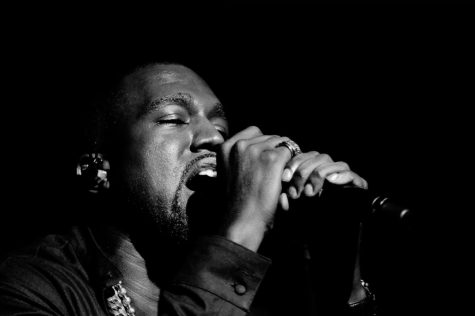
Is it morally wrong to separate the art from the artist?
This question invokes a well-discussed debate surrounding hundreds of artists in almost every genre. While many Harry Potter fans have been devastated over the transphobia showcased by J.K. Rowling — somebody they considered a childhood hero — more recently, fans of Ye, formerly known as Kanye West, debate the morality of continuing to listen to his music. Is it morally right to continue to engage with the art of somebody who has publicly made hateful and problematic comments?
Arguably, continuing to interact with the work of artists, directors, and authors who have previously displayed hateful behavior means continuing to support the messages that these artists are endorsing through contributing to their profits. However, many find it difficult to part with the art, literature, and films they love, and take the position that they can “separate the art from the artist.”
While it is easy to condemn the fans that continue to support Ye after a series of antisemitic and hateful comments, many of us unknowingly support artists whose ideologies we disagree with in our everyday lives. Take Tim Burton, a widely loved artist and director, who has been known to make problematic comments in regards to the lack of diversity in his films. Similarly, many may continue to engage with content involving the Met Gala this year, despite the theme of the event revolving around Karl Lagerfeld, a controversial figure in high fashion who held an array of misogynistic and fatphobic views during his lifetime.
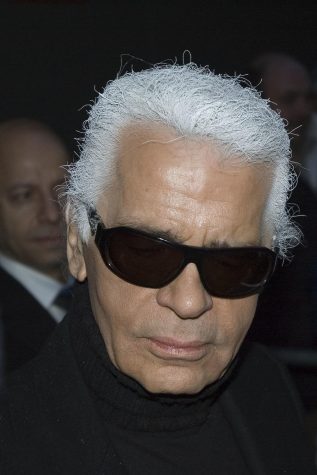
Where do we draw the line between artists that we continue to support and those we deem too controversial? Is it morally acceptable to enjoy somebody’s art when we find their ideas or behavior abhorrent?
Though artwork is inherently tethered to the artist that created it, the art’s quality is independent of its creator. Michael Jackson’s music did not stop being catchy after he was accused of sexually assaulting several minors. Picasso’s Guernica was no less impactful after he was documented as an abuser. So at what point does it stop being okay to engage with somebody’s art?
It seems harsh to expect that previous supporters of an artists’ work should suddenly give up enjoying their favorite songs, films, or artworks. On the other hand, it becomes increasingly difficult to justify actively making the decision to stream or purchase their music, watch their films, or buy tickets to concerts or galleries. Many argue that these days, engagement and consumption is impersonal, and since millions of others are already consuming an artist’s work, any given individual’s economic contribution is minimal.
It is also an unreasonable expectation that every consumer of art is making deliberate and informed decisions about the artists they are supporting. With the exceedingly large amount of art available to us and the sheer quantity of media consumed by the average person in an age of such extreme technological advancement, we can’t expect that everybody is constantly contemplating the implications of every song they listen to and every film they watch.
Deliberately avoiding a given artist’s work is not necessarily a moral requirement — it is an individual choice. Where possible, though, it is a choice that should be considered.





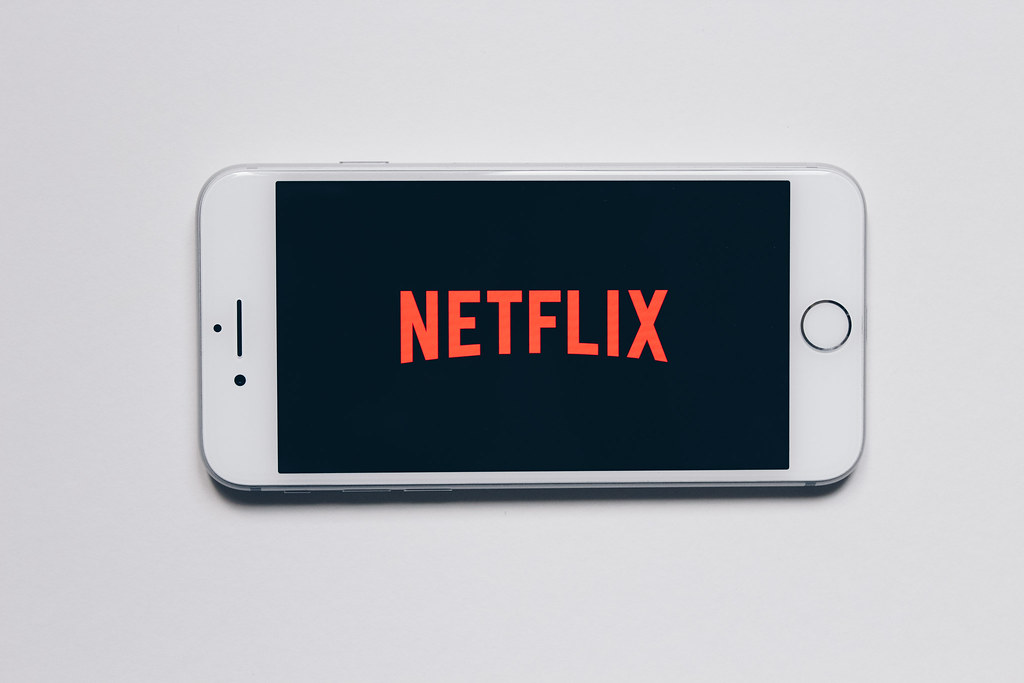



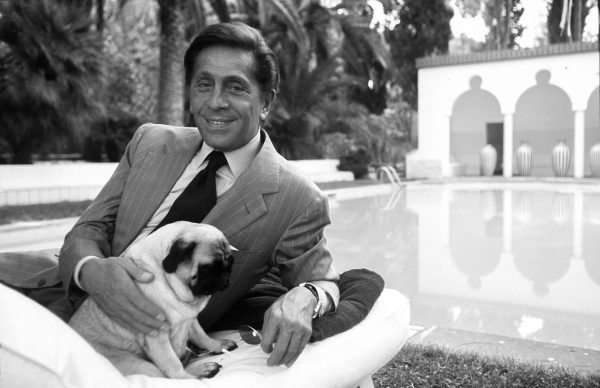
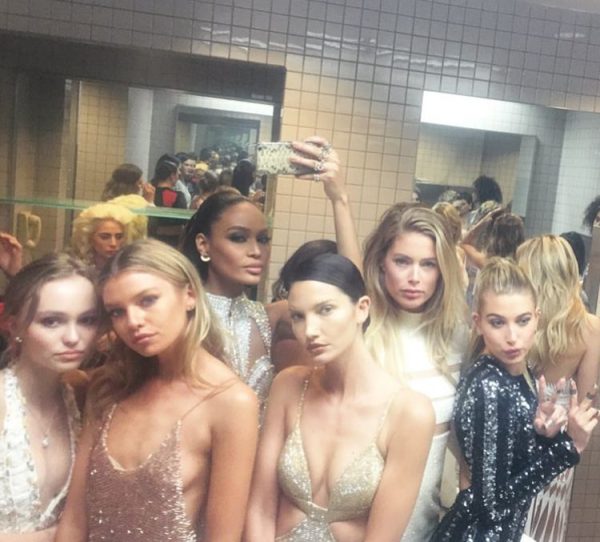
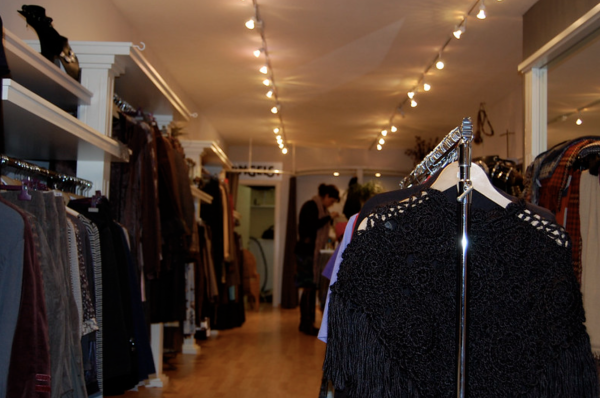

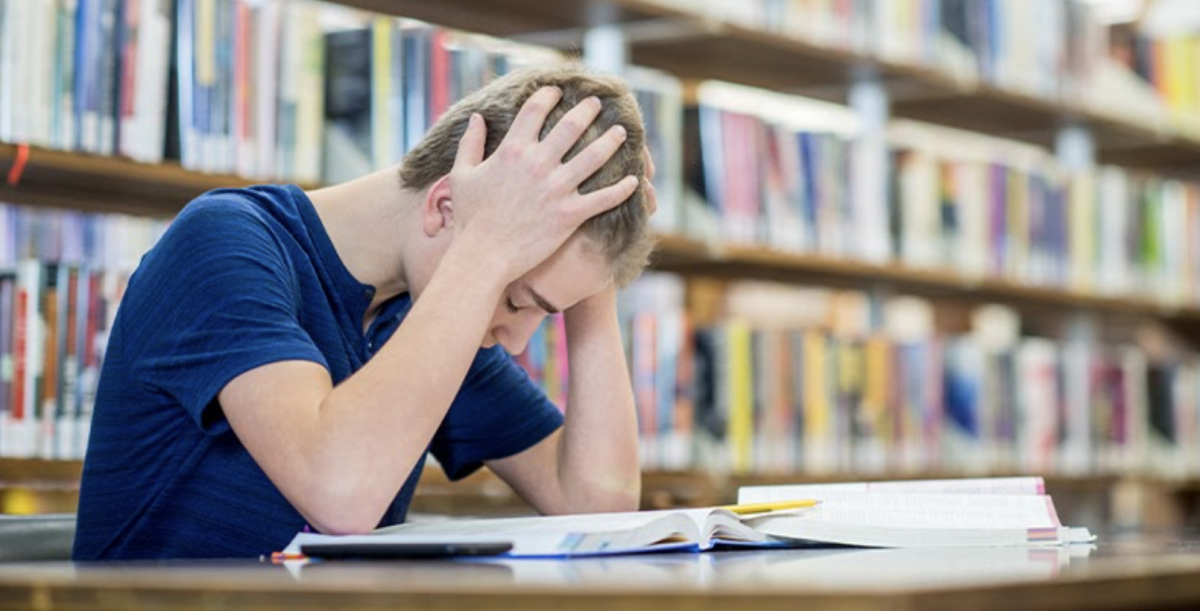


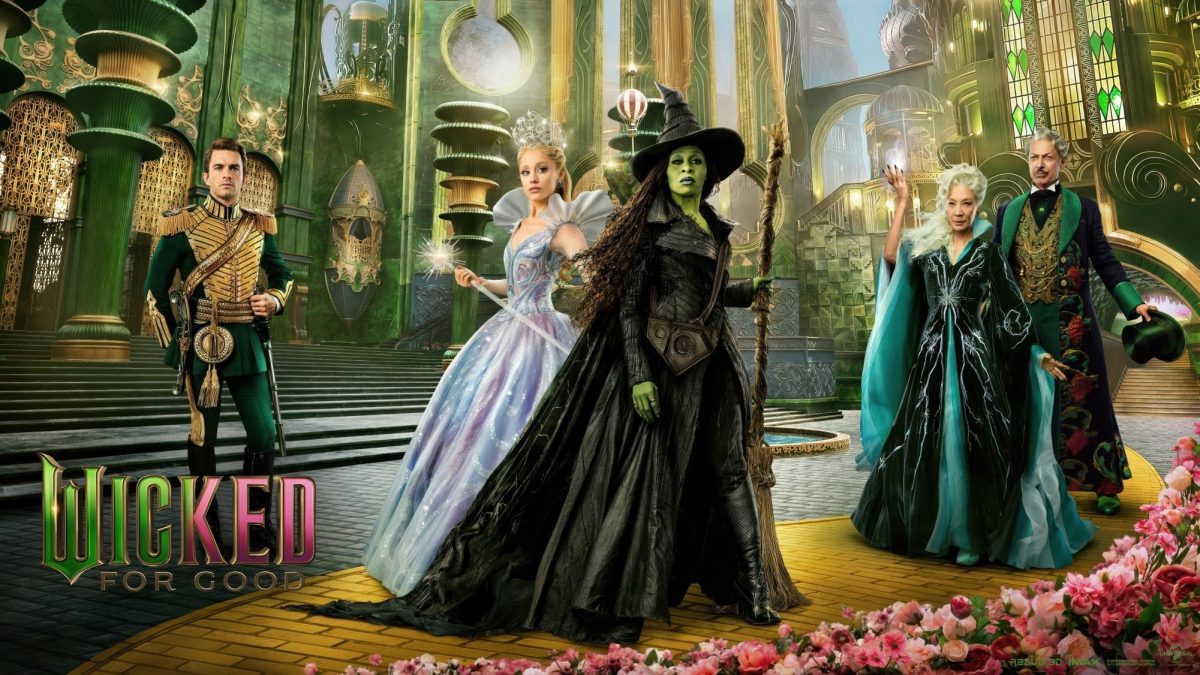



Seiji K. • Jun 1, 2023 at 2:53 PM
I think this topic is a very relevant one, and artists such as Ye who had been once praised in his respective community are now sunned because of his antisemitic acts. This article really changed my opinion of popular artists and made me think about what ways we deem an artist controversial. It also got me to think about where our society fails when judging these celebrities. Thank you for this, informative article.
Berenice Bregeon • May 31, 2023 at 10:52 AM
I think it is a very interesting issue to think about, as it is true that recently, quite a few artists are criticized over problematic comments.
It made me wonder about to what extent people would be considering this choice, as there is also a problem that only fractions of what they say are spread by people, and even so, the sheer amount of the information spread about famous people is unmanageable, as you said.
Zita • May 31, 2023 at 10:49 AM
This article was very interesting and insightful. The way the author compared the effects in reaction between hateful things people have done in the past and present, was something I had never thought of before. This article impacted my thinking and I think it is important that we treat all artists who have done hateful things in a similar way. Very thought-provoking article, great job.
Charlotte Chambers • May 31, 2023 at 10:47 AM
This was a very interesting read. I find it interesting that people consider boycotting Ye and his art for his hateful comments but in earlier years when Micheal Jackson was accused for sexual assault of minors people continued playing his music.Then if we go even further back to Picasso it’s the same, he still made impactful art despite his accusations. A very thought provoking article.